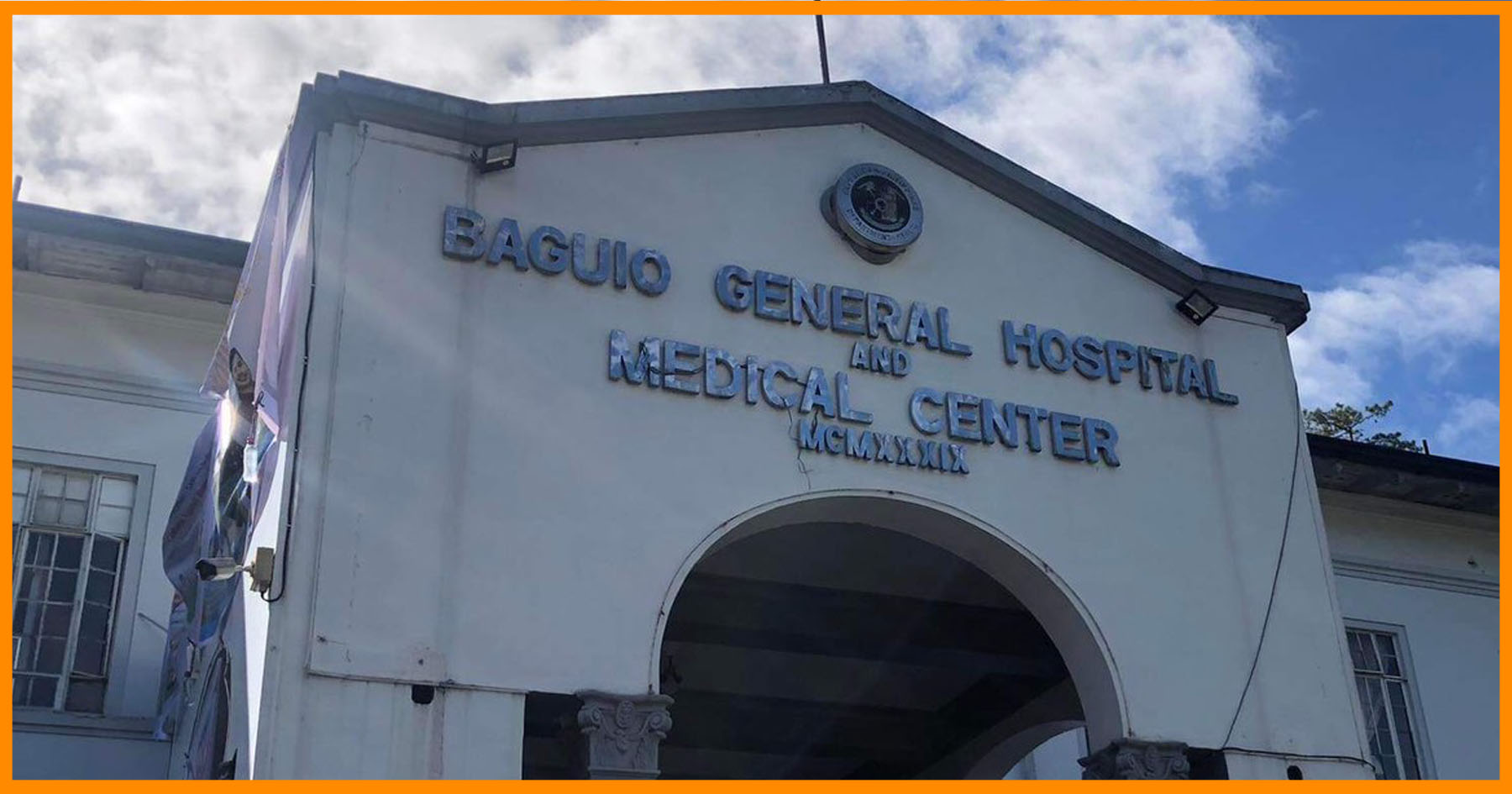TABOC CITY – The rehabilitation and conservation of the rice terraces of Tinglayan, Pinukpuk, Lubuagan, Pasil, Balbalan, and Tanudan is a cornerstone of the government’s five-year development plan to achieve food security and address poverty in the Cordilleras.
Developed by the National Anti-Poverty Commission (NAPC) together with local government units, the “Rice Terraces Rehabilitation and Conservation for Food Security Development Plan 2018-2022” is defined as a “comprehensive, pro-farmer, and pro-indigenous people rehabilitation and conservation plan for the rice terraces in the 24 municipalities of the provinces of Ifugao, Benguet, Mt. Province, and Kalinga in the Cordillera region”.
The plan details a host of strategies and interventions including the rehabilitation of damaged rice terraces and communal irrigation systems, protection and conservation of critical watersheds, revitalization of indigenous knowledge systems and practices (IKSP), and the put-up of agricultural support facilities and infrastructure, among others.
In five years, the development plan aims to increase indigenous forest cover by at least 10%, increase land productivity by 20%, and decrease production cost by 20%.
“NAPC is very proud of this convergence project. Ito po ang pinakamalaking convergence project ng NAPC at hindi po ito maisasakatuparan kung walang suporta ng ating LGU, ng ating magsasaka, at ng ating Indigenous Peoples, especially our elders,” NAPC Secretary Liza Maza said.
Maza was speaking before local chief executives, agriculture officers, tribal elders, and farmers during the provincial consultation of the development plan at the Kalinga Capitol on Wednesday. Maza personally went to Balbalan and Pinukpuk the following day to meet peasant organizations and IP communities and conduct ocular inspection of rice terraces.
“Inaasahan po natin na ating makakamit ang layunin ng proyekto na ito. Ito pong food self-sufficiency, itong pagkakalinga natin sa ating kultura, at preservation ng ating rice terraces,” Maza added.
NAPC sees the development of rice terraces farming as the appropriate approach to providing food security to poor Cordillerans as it aligns with the economic and socio-cultural practices principles of its indigenous communities.
“Ang hinaharap natin sa ating social reform agenda flagship program ay ang agricultural development of farmers and agricultural workers, at the same time the preservation of ancestral domain for IPs. Pumapasok dito ang usapin ng preservation and conservation of rice terraces because we see that the rice terraces and the lives of the IP communities are inextricably linked in such a way that one depends upon the other,” said NAPC Coordinator Luz Perez.
Governor Jocel Baac expressed his support to the rehabilitation and conservation of Kalinga’s rice terraces. “It’s good that we have the NAPC to encourage us to focus on the development of our rice terraces. The improvement of our rice terraces is not only for food security, it’s also good for tourism,” he said.
“Giving attention to our rice terraces, our highland agriculture is not only for the conservation of this heritage, it’s also for the next generation to appreciate our traditions,” he added.
Vice Governor James Edduba who as Acting Governor led the province in previous workshops said that he hopes the convergence project produces good programs for the preservation of Cordillera’s rice terraces.
By Iryll Sicnao













